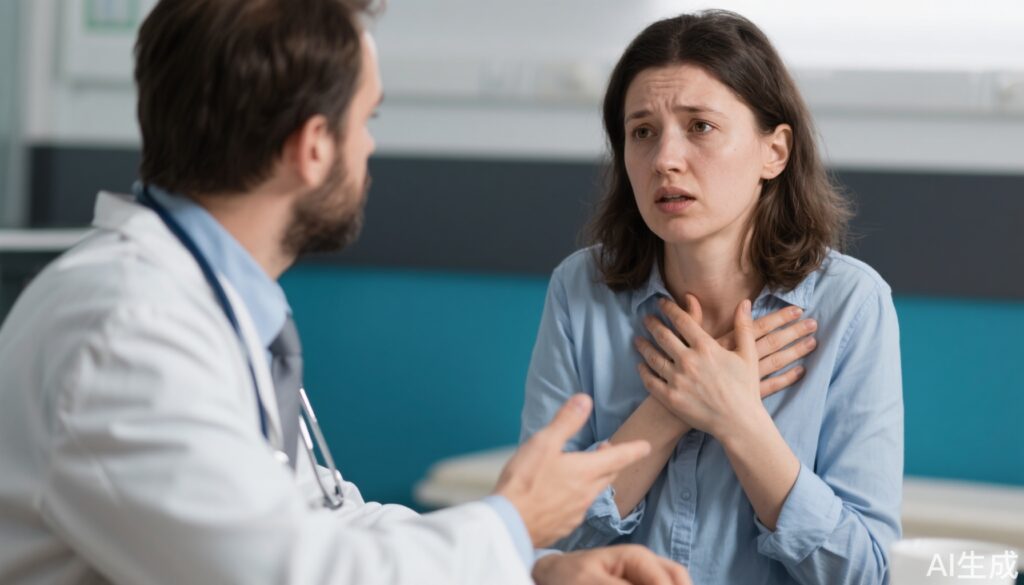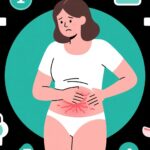Introduction
Sexual intimacy is an essential part of human relationships, contributing not only to physical pleasure but also to emotional bonding. However, for some individuals, post-coital experiences can include discomfort, such as itching and pain in the genital area. These symptoms are often distressing and can interfere with well-being and relationship dynamics.
Possible Causes
Infections
One of the most common reasons for post-coital itch and pain is infection. Bacterial, fungal, or viral infections can inflame sensitive genital tissues. Sexually transmitted infections (STIs), such as chlamydia or herpes, can also lead to significant discomfort. Moreover, yeast infections are a frequent culprit, especially in women.
Allergic Reactions
Another possible cause is an allergic reaction to products used during intercourse, such as latex condoms, lubricants, or spermicides. These substances can irritate the genital area, leading to itching and pain.
Insufficient Lubrication
Insufficient natural lubrication can cause friction during intercourse, leading to microtears in the vaginal lining. This can result in irritation, discomfort, and even minor infections.
Physiological Changes
Hormonal changes during menstruation, pregnancy, or menopause can alter vaginal pH and flora, making the genital area more susceptible to irritation and discomfort.
Correct Health Practices
Maintain Proper Hygiene
Keeping the genital area clean is crucial for preventing infections. Use mild, fragrance-free soaps and avoid harsh cleaning agents that can disrupt the natural balance of bacteria.
Use Appropriate Products
Select hypoallergenic condoms and water-based lubricants to minimize allergic reactions. Always patch test new products before using them during intercourse.
Ensure Proper Lubrication
If natural lubrication is insufficient, consider using water-soluble lubricants. These aids can reduce friction and prevent irritation.
Seek Medical Advice
If symptoms persist or worsen, consult a healthcare professional. Tests such as vaginal swabs can identify infections, and appropriate treatments, such as antibiotics or antifungal medications, can be prescribed.
Expert Recommendations
Medical professionals suggest staying hydrated, maintaining a nutritious diet, and engaging in regular physical activity to boost overall health and immunity. These practices support the body’s ability to resist infections and maintain balanced hormones.
What to Tell Patients
Consider the case of Jane, a 35-year-old woman experiencing post-coital itching and pain. Jane prioritized hygiene and avoided allergy-causing products but continued experiencing symptoms. Upon consulting her gynecologist, it was revealed she had a mild yeast infection, treatable with antifungal medication. Jane’s case underscores the importance of professional evaluation when symptoms persist.
Conclusion
Post-coital itch and pain can stem from various causes, including infections, allergies, and physiological changes. Addressing these with proper hygiene, product use, and medical intervention can significantly improve comfort and health. The importance of timely diagnosis and treatment cannot be overstated, as it ensures the prevention of more severe complications and promotes healthy sexual relationships.



